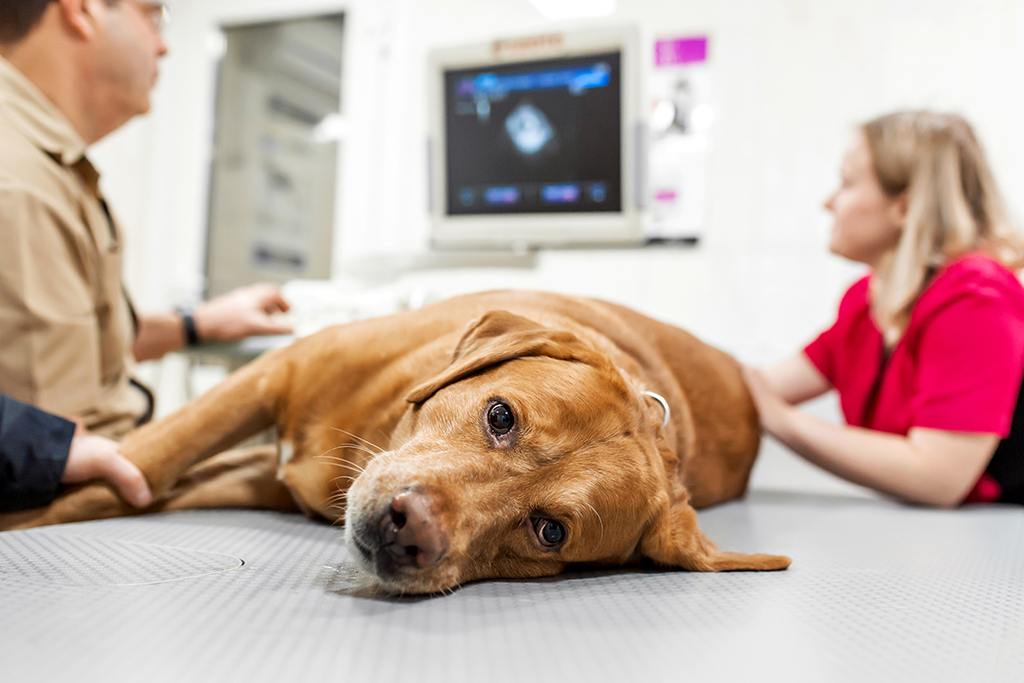Evolutionary genetics of canine corona virus in Swedish dogs
Enabled by the SciLifeLab National Genomics Infrastructure (NGI), researchers have investigated Canine respiratory coronavirus (CRCoV) in Swedish dogs.
CRCoV is the main cause of upper respiratory infection in dogs in Sweden but the understanding of its global prevalence, pathology, and genetic characteristics is still dim.
In a recent study, enabled by the SciLifeLab National Genomics Infrastructure (NGI), researchers screened 88 Swedish privately-owned dogs showing signs of CRCoV. 13 positive samples were then sequenced.
The results, published in ScienceDirect, showed that the sequenced samples were highly similar despite being sampled over a time period of three years and from dogs living in geographically distant locations. This is most likely due to a single introduction of the virus into Swedish dogs in approximately 2010. There was also no evidence of recombination and low levels of polymorphisms was found in the samples, further supporting the theory of a single introduction.





